KEYNOTE SPEAKERS
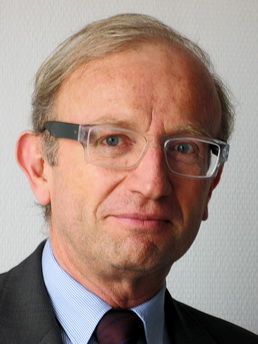
Gérard Payen travaille depuis plus de 35 ans à la résolution de problèmes liés à l'eau dans tous les pays.
Conseiller pour l'Eau du Secrétaire Général des Nations Unies (membre de UNSGAB) de 2004 à 2015, il a contribué à la reconnaissance des Droits de l'Homme à l'eau potable et à l'assainissement ainsi qu'à l'adoption des nombreux objectifs mondiaux de Développement Durable liés à l'eau.
Aujourd'hui, il est administrateur de 3 grandes associations françaises dédiées à l'Eau, le Partenariat Français pour l'Eau, l'Astee et l'Académie de l'Eau et il continue à travailler à la mobilisation de la communauté internationale pour une meilleure gestion des problèmes liés à l'eau, ce qui passe par des politiques publiques plus ambitieuses. Simultanément depuis 2009, il conseille les agences des Nations Unies qui produisent les statistiques mondiales relatives à l'Eau.
Impressionné par le nombre d'idées fausses sur la nature des problèmes liés à l'eau, idées qui gênent les pouvoirs publics dans leurs prises des décisions, il a publié en 2013 un livre pour démonter ces idées reçues.
.
10:50 am
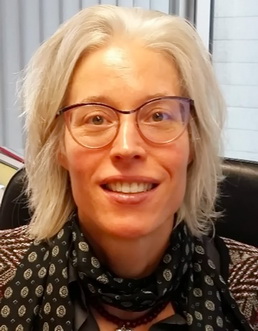
Bettina Doeser is Head of the Unit for Clean Water at the Directorate-General for Environment of the European Commission. She took up the position in 2017.
Bettina Doeser started her career in the European Commission in 1995 in the area of foreign policy, later working on EU enlargement and multilateral and bilateral EU trade policy. In 2009 she joined the Directorate-General for Environment as an assistant to the Director General; as of 2012, she was Head of the Unit for Policy, Co-ordination and Communication before taking up her current position.
.
02 pm
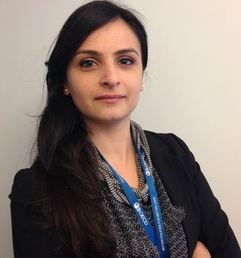
Oriana Romano is the Head of Unit, Water Governance and Circular Economy, Urban Policies, and Sustainable Development Division of the OECD Centre for Entrepreneurship, SMEs, Regions and Cities.
In 2018, she initiated a Programme on the Circular Economy in Cities and Regions, which supports governments in developing and implementing circular economy strategies.
She heads the OECD Water Governance programme, which she joined in 2013. Before the OECD, she was university lecturer in Environmental Economics at the “Centre for International Business and Sustainability”(CIBS), London Metropolitan University (London, United Kingdom) and the Department of Social Science of the University “L’Orientale”(Naples, Italy).
She currently teaches “The Transition to the Carbon Neutral and Circular Economy in Cities” at Sciences Po, Paris, France. She holds a Ph.D in “Institution, Economics and Law of Public Services”.
09 am
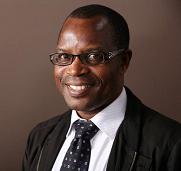
Engineer James Sauramba is the Executive Director of the Southern African Development Community Groundwater Management Institute (SADC-GMI) since its launch in 2016. He is responsible for providing vision, strategic leadership and maintaining relationships with stakeholders from across the 16 SADC Member States and globally.
Engineer Sauramba prides himself with establishing SADC-GMI in the last 6 years:- the only Centre of Excellence for groundwater development and management in the SADC region and in sub-Saharan Africa. As a subsidiary of the SADC Secretariat in Botswana, SADC-GMI is registered as a Not-for-Profit Company in the Republic of South Africa where it is also hosted on behalf of all the 16 SADC Member States. Engineer Sauramba is accredited with the growth of the SADC-GMI brand to its current global recognition and for pioneering innovative approaches to integrate groundwater within the water security discourses for resilient livelihoods.
Engineer Sauramba holds a bachelor’s degree in Civil Engineering from Zimbabwe, an MBA in General Management from the University of the Free State in South Africa and currently studying for a PhD. He has more than 30 years working experience mostly in the SADC region’s water and infrastructure sectors where he served in various senior management positions. He also had a short working stint in the Republic of Ireland. He believes in enhancing water security through the conjunctive development and management of surface and groundwater resources using the four pillars of change: viz Information, Institutions, Infrastructure and Instruments.
01:45 pm
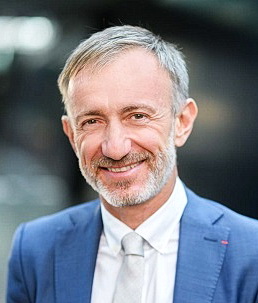
At the same time, he was coordinator of the France-IUCN framework agreement and a UN expert for the Convention on Biological Diversity. He then became an advisor to the Minister for Development (2013-2014), tasked with AFD's environmental issues.
He then took over management of the Guiana Amazonian Park for four years, before returning to AFD at the end of 2018 to coordinate AFD’s initiatives on agriculture, rural development, biodiversity, water and sanitation.
.
02 pm
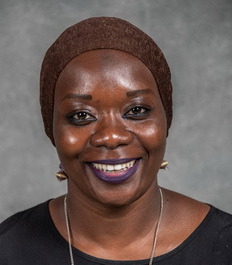
Fadji Zaouna Maina is a researcher at the Hydrological Sciences Laboratory at NASA Goddard Space Flight Center (GSFC). She received her PhD in hydrology in 2016 from the University of Strasbourg, France.
Prior to joining GSFC, Fadji worked on mathematical model development and quantification of their uncertainties in California, France, and Italy.
Fadji uses mathematical models and satellite data to understand the impacts of climate extremes and land use changes on water resources.
.
09 am
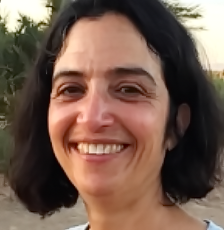
Raya Marina Stephan has a background in international law. She is an international consultant with expertise in water law. She has a wide experience in studies and international projects related to legal and institutional aspects of water management and transboundary waters with a specific focus on groundwater and transboundary aquifers.
Raya has experience in various regions of the world such as the Arab countries, the Mediterranean, South-East Europe and others. She collaborates with and advises international and regional organizations such as UNESCO, UNECE, UNESCWA, GWP-Med and the League of Arab States She is an invited expert to lecture in Universities and is the author of numerous publications.
She is currently the Deputy Editor in Chief of Water International. She is a fellow member of IWRA, and board member of the French Water Partnership.
.
01:45 pm
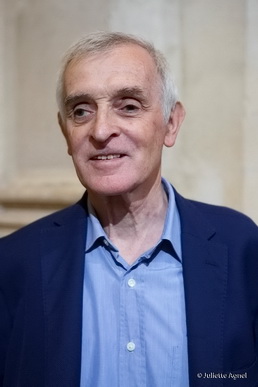
Director of Research Emeritus at the CEA, Jean Jouzel spent most of his scientific career in this organization. He focused on the study of climate change based on the analysis of polar ice.
In 2012, he received the Vetlesen Prize, considered as the "Nobel Prize for Earth and Universe Sciences".
He is a member of the French Academy of Sciences and the Academy of Agriculture, and a foreign member of the US Academy of Sciences.
Worldwide rainfall distribution and its evolution in the warming climate context
.
9 pm - 9h
